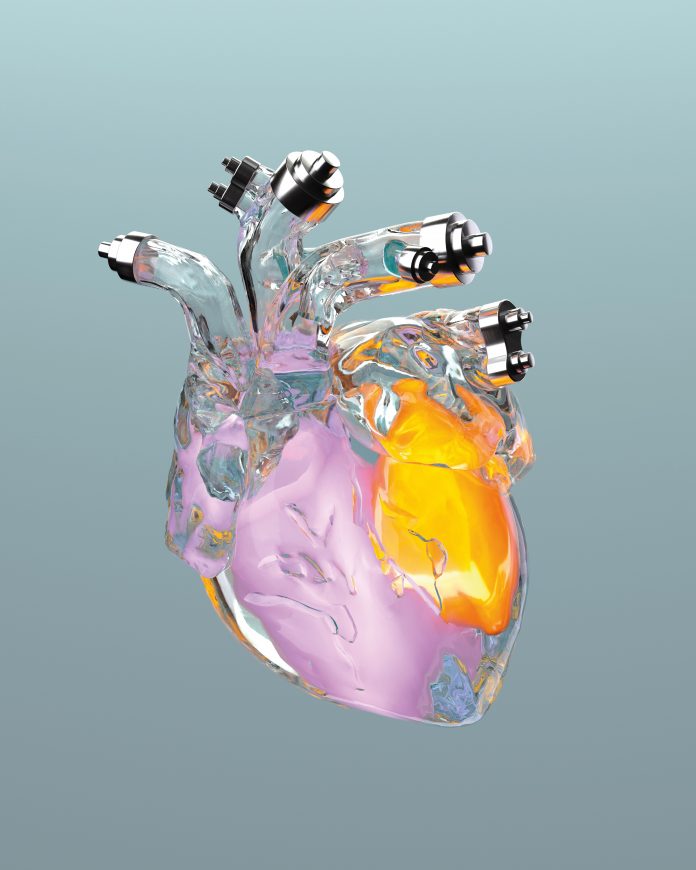
Myocarditis is a rare complication resulting from the use of an immune checkpoint inhibitor (ICI) for treating a patient’s cancer. Yet, when it does develop, the chance of a patient dying from it are quite high. Now, researchers at Michigan Medicine report the development of new biomarkers that help for early screening of patients for the development of myocarditis following ICI cancer therapy.
The study, published in the journal JACC: CardioOncology demonstrates that virtually all patients who later developed myocarditis after ICI treatment exhibited early signs of muscle destruction and liver damage.
ICIs, are monoclonal antibodies that enhance the body’s immune system and its response against cancerous cells, but they also come with the potential that the enhanced immune activity will turn against the patient’s body itself. This side effect can cause damage to almost any of organ system, with myocarditis being the most severe complication.
“While immune checkpoint inhibitors have revolutionized the treatment of various cancers, patients who develop the rare complication of myocarditis often present late with at least a 50% chance of death,” said Salim Hayek, MD, senior author of the study and medical director of the University of Michigan Health Frankel Cardiovascular Center Clinics. “Diagnosing immune checkpoint inhibitor myocarditis is challenging, given that there is no one test that can differentiate it from other causes of cardiac injury. By the time patients present to the hospital, it is often too late. Diagnosing patients early allows us to start immunosuppressive therapy sooner and give patients a better chance of survival.”
For their research, the team at University of Michigan Health studied more than 2,600 patients that were treated with ICIs between June 2014 and December 2021. Their data showed that a broad majority of patients treated with ICIs who went on to develop myocarditis exhibited early signs of muscle and liver damage even prior to starting treatment. Of this group, 95% had increased levels of three biomarkers compared with the 5% without myocarditis. Among these non-cardiac biomarkers, phosphokinase, a marker of muscle injury, was most strongly linked to myocarditis as well as all-cause death.
“It makes sense that myocarditis related to immune checkpoint inhibitors does not occur in isolation, given a raging immune system is expected to affect several organs and particularly the muscles,” noted study co-author Joe-Elie Salem, MD, PhD, professor of medicine at Sorbonne Université in Paris. “A large variety of antigens targeted by auto-reactive T-cells boosted by ICIs are shared between the myocardium and the peripheral muscles. Myositis, or muscle injury, is a central component of complications related to this class of drugs.”
The team’s research points to the need for doctors who are treating patients with ICIs to regularly monitor their patients for elevated levels of not only phosphokinase, but other markers as well including aspartate and alanine aminotransferase for liver injury, and lactate dehydrogenase for tissue injury. Such monitoring can provide a window to more detailed diagnostic data to aid doctors in adjusting a patient’s medication, if needed.
“Abnormalities in these biomarkers should prompt clinicians to test for cardiac injury using high sensitivity troponin,” Hayek concluded. “Conversely, patients suspected of immune checkpoint myocarditis should have creatine phosphokinase levels measured. If low, or within normal limits, then the diagnosis of immune checkpoint myocarditis is highly unlikely.”











